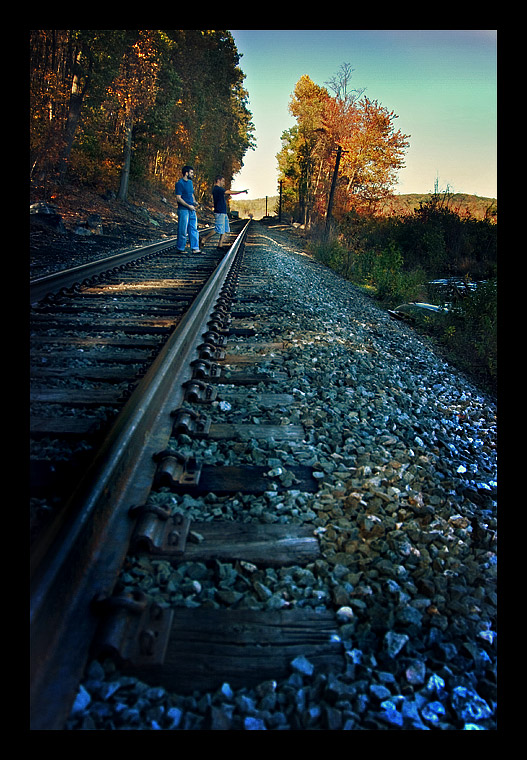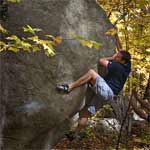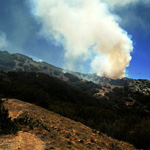Rock Throwin'
Justin Gallagher
November 5th, 2007
So, I haven’t been posting recently because I accidentally corrupted the external hard drive with all of my images on it. I’m hoping that a friend will be able to help me recover the data. There’s over 90 gigs of images on that thing, including every image that I’ve posted on this site. Needless to say, I’m crossing my fingers.
On the bright side, Pete, Bryan and I had a solid game of rock throwing out at the train tracks a couple weekends back. For documentation purposes:
Official Rules of Rock Throwing
1. Throw a log in the water so that it floats along with the current at a mid-range distance from the bank. 25 feet seemed about ideal.
2. Each player throws one rock per round at the log.
3. Hitting the log is worth one point.
4. Each consecutive round that you hit the log, you get double points. For instance, if you hit the log on your first throw, you get one point. If you hit the log again the next round, you get two points. If you hit the log a third time on the next round, you get four points. The pattern continues into infinity.
5. If you hit the log, and your rock bounces in the air, and then hits the log again, you get triple the points that you would have gotten for hitting the log that round. For example, as we already know, when you hit the log the first time, you get one point. On the next round, when you hit the log again, and if your throw bounces up and hits the log a second time, you get triple the two points that you would have gotten - six points in this example.
6. If your throw breaks the log, you get five points.
7. The game ends either at a predetermined number of points, or when the log floats down to that grassy area that’s behind the tree branch that makes it hard to hit.
you guys and your train tracks










 A Perfect Chance
A Perfect Chance Manhattan Panorama 2
Manhattan Panorama 2 Westside Windows Reflect the Sunset
Westside Windows Reflect the Sunset The Longest Day
The Longest Day Stars Are Projectors
Stars Are Projectors
It should be noted that skipping should either be expressly allowed or forbidden. House rules this day were that skipping was forbidden. When the log’s aspect is parallel to the bank, skipping (whether intentional or not) allows a player to hit the log with much less precision, which is totally cheap.